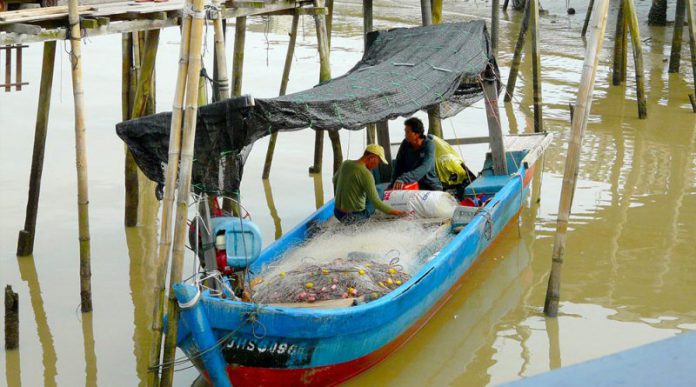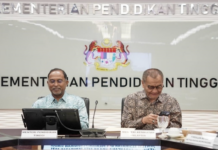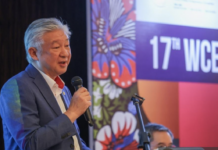KUALA LUMPUR, Nov 23 — Malaysia must tackle the problem of overfishing urgently as it is significantly depleting the nation’s seafood resources, a WWF-Malaysia official has warned.
It is also threatening a livelihood which supports some of the poorest communities in Malaysia, said WWF Malaysia’s Senior Footprint Manager (Marine Programme) Chitra Devi G.
Malaysia, she said, has lost 96 per cent of its fish stocks in less than 60 years according to Department of Fisheries statistics.
She said stakeholders, including fishermen, producers, buyers, distributors, NGOs and government agencies should join hands to put in place mechanisms to monitor themselves to sustain the industry and the livelihood of the people involved in it.
“We must take consistent efforts to reduce threats to fisheries and aquaculture to ensure long-term seafood security,” she told Bernama recently.
Chitra lamented that many don’t realise that one of the most destructive fishing gear is bottom trawling, which functions like a tractor scooping everything on the ocean floor and destroying a vibrant marine habitat including coral reefs.
“The fishing community is also deeply concerned as they no longer see certain types of fish species they used to catch 30 to 40 years ago. They also spend more time fishing but come back with a lesser catch than before – a clear indication of overfishing,” she said.
It is therefore vital to adopt sustainable fishing practices, use tools and technology that preserve the marine ecosystem to ensure responsible production of seafood, profit margins and sustain the industry in perpetuity, said Chitra.
This, she said, entails developing local markets which prefer sustainable fish products, which would be a motivation for fishermen to adopt sustainable fishing methods when out in the ocean.
She underscored that it is also essential to develop a traceable seafood supply chain, i.e., linking the product to the consumer to ensure it is sustainable and traceable all along the value chain.
Besides this, Chitra said institutions of higher learning should undertake increased research to allow for more science-based policies to sustain fish and marine bio resources.
Consumers on their part should become smart citizens and reduce wastage, something that would go a long way in sustainability since Malaysia is one of the largest consumers of seafood in Asia.
Malaysians love seafood, but Chitra said they should also undertake sustainable steps now so as to be able to continue enjoying their seafood without driving the industry to extinction.
“Moreover, seafood is a very important food security element for Malaysians as one-third of our animal protein needs are sourced from the ocean,” she said.
She added that WWF-Malaysia works closely with all stakeholders including government agencies such as the Department of Fisheries, coastal communities, industry players, and NGOs to reform fisheries practices nationally and globally by focusing on sustainable practices.



















